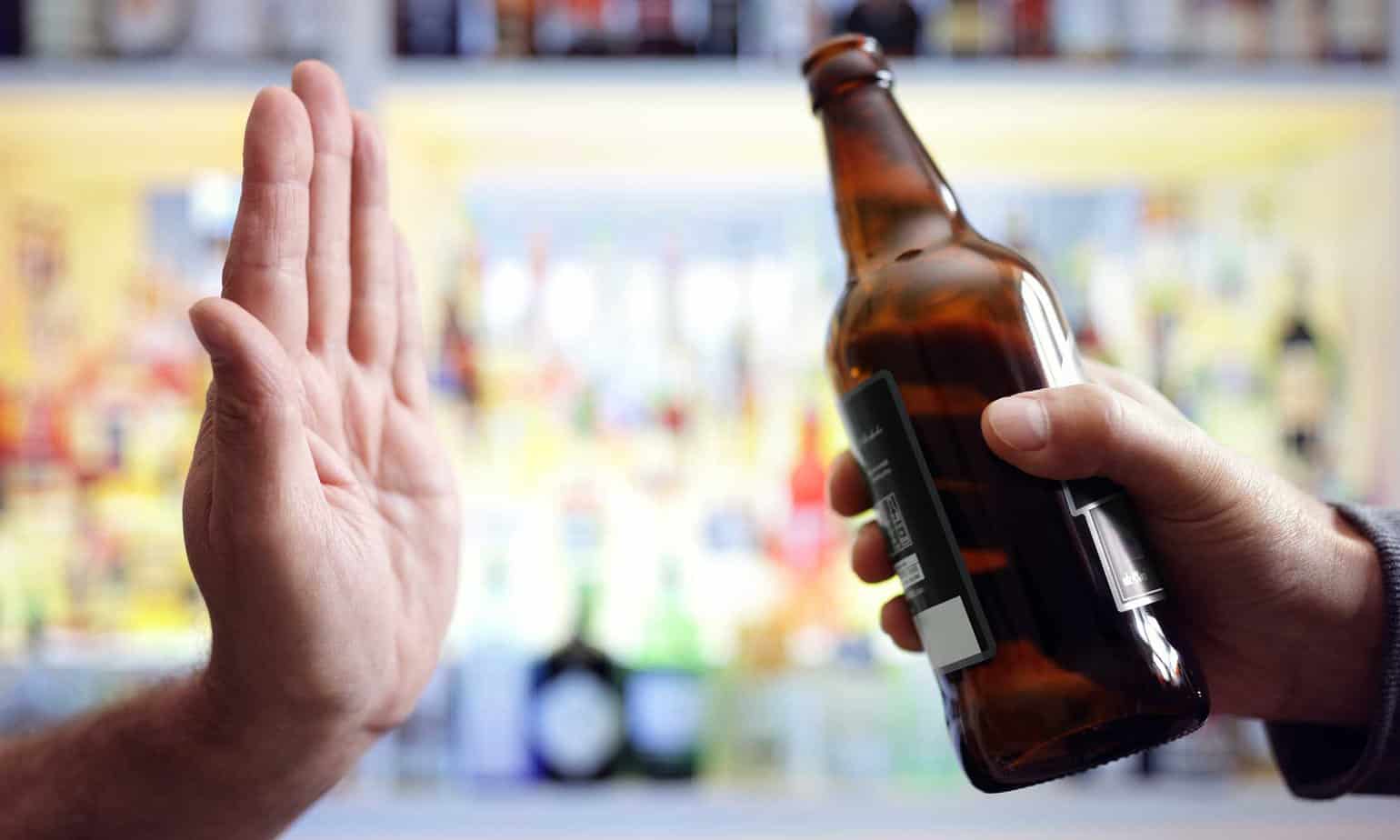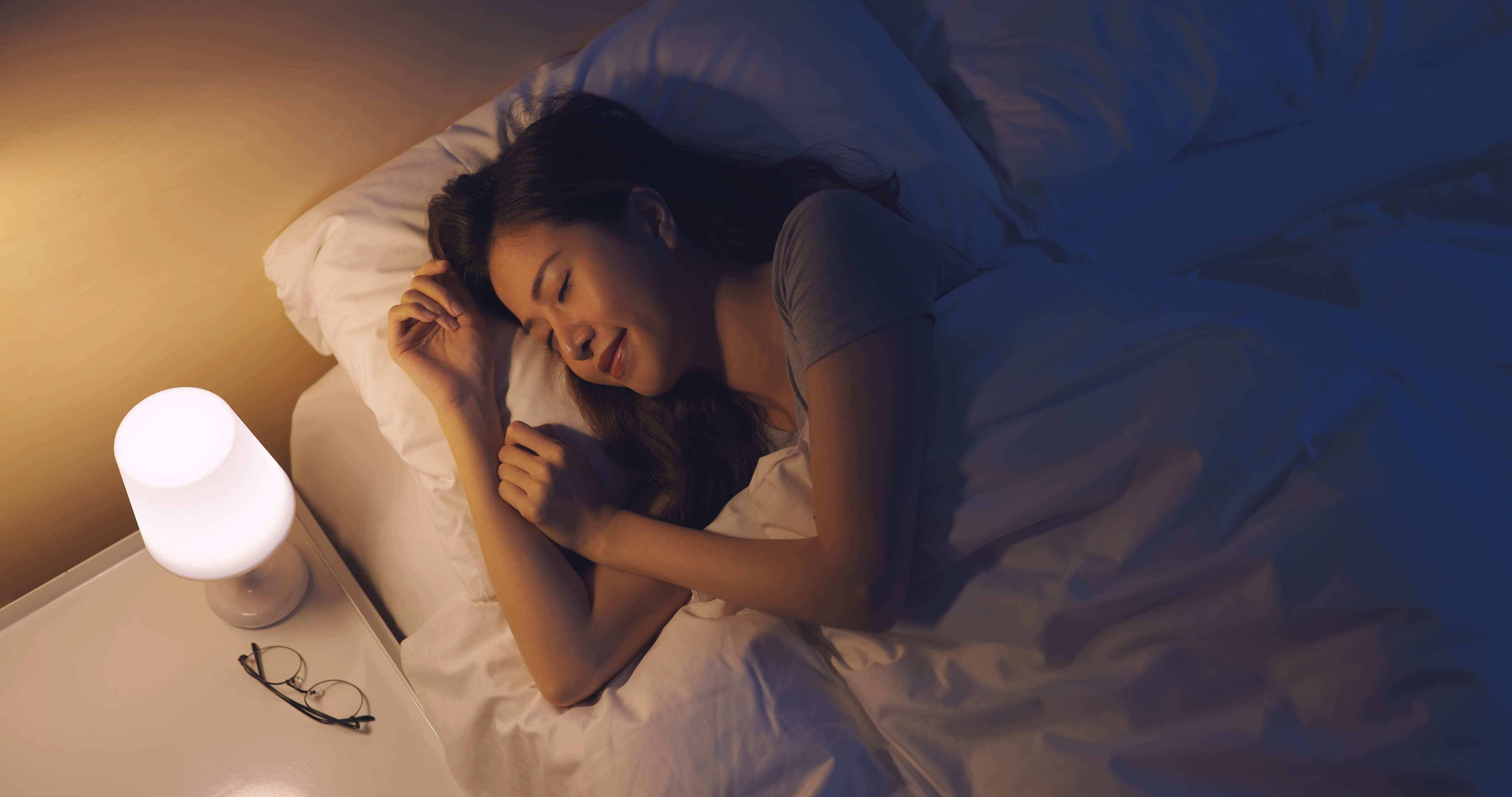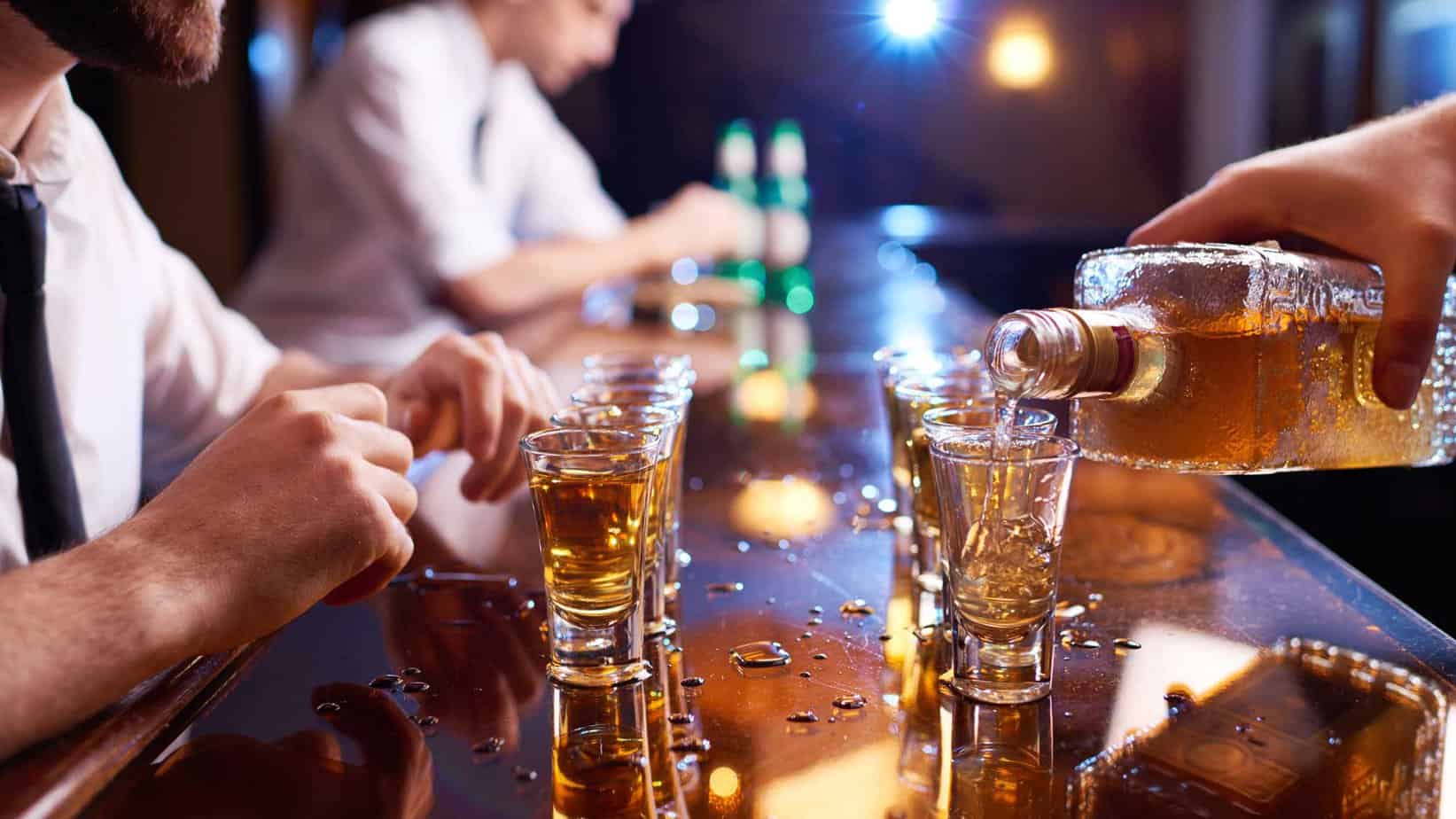Whether you’re looking for a stepping stone on the way to recovery or want to reexamine your relationship with alcohol, giving up drinking for the entire month of January, otherwise known as Dry January, is an excellent choice for anyone’s health. Dry January has many positive benefits and the trend seems to be growing in popularity each year—in 2022, 35% of adult drinkers decided to become abstinent at the start of the New Year.
Some people believe that they will go back to their old drinking habits right after Dry January. But recent studies have shown that making this small lifestyle change can have a lasting impact for months down the road. Below are six benefits you may experience by participating in Dry January 2023:
1. Your Skin Looks Brighter
Have you ever noticed how tired you look after a long night of drinking? Well, it’s not just because of the hangover you’re likely experiencing. It’s also because of the effect that alcohol has on your body, including your skin. The more you drink, the more dehydrated your skin gets, causing it to appear dry and porous. Alcohol also deprives your skin of necessary nutrients which can lead to waxiness and rashes, and make you more susceptible to sun damage. These side effects can have a lasting impact, lead to more wrinkles, and speed up your skin’s aging process.
Fortunately, your skin can bounce back from the effects of alcohol. By giving your body a month-long break from drinking, you’re allowing your skin to rehydrate and regenerate. The best part is that you don’t have to wait an entire month to start seeing the changes. Most people who give up alcohol notice that their skin is dewy, and healthier looking after just one week. By the end of Dry January, you’re likely to see less swelling, clearer skin, and an overall healthy glow.
2. You Lose Weight
Maybe you think twice about ordering dessert, but have you ever stopped to think about how many calories are in a cocktail? Alcohol is not only filled with lots of sugar and empty calories, but it can also slow down your metabolism, contributing to weight gain. You’re also more likely to eat junk food when you’ve been drinking. According to a study by Purdue University, this is because the consumption of alcohol enhances the taste of salt and fat, which is why you crave pizza and not a green smoothie after you leave the bar.
When you give up alcohol, you will significantly cut down on how many calories you consume. You won’t be drinking sugary, calorie-filled drinks and you’ll probably be cutting back on unhealthy snacking. Another benefit of Dry January is that your energy levels will increase, and you will likely be more active than when you were drinking, helping you shed even more weight. In a survey conducted by the University of Sussex, over 58 percent of Dry January participants reported losing weight.
3. You Feel More Rested
You may feel sleepy after a glass of wine and assume that alcohol helps you sleep better, but in reality, alcohol interferes with your ability to get a good night’s rest. This is because alcohol affects your body’s biological clock, called the Circadian clock, which regulates when you fall asleep and wake up. If you’re a binge drinker, you could also be at risk of developing insomnia. And even if you’re someone that can quickly fall asleep after a night out, alcohol keeps you from getting any REM sleep—the most restorative type of rest.
If you’re used to drinking before bed, falling asleep without alcohol might be a bit challenging at first. Alcohol decreases the body’s natural amount of melatonin, so if you find yourself tossing and turning, consider finding supplements for yourself. Even if it takes you a bit longer to fall asleep than usual, the quality of your sleep will improve, leaving you feeling rested and refreshed the next morning.
4. You Fight Off Sickness More Effectively
Participating in Dry January could help keep you out of the doctor’s office. That’s because consuming alcohol can weaken your ability to fight off infections for up to 24 hours. And if you drink regularly, alcohol will not only prevent nutrients from feeding your immune system but also reduce the white blood cell count in your body, making it more difficult for you to fight off diseases. When you stop drinking, your immune system improves and is once again able to protect you against the common cold, the flu, pneumonia, and other illnesses.
5. You Have Fewer Headaches
Alcohol and headaches often go hand in hand—one-third of migraine patients report alcohol as a trigger for their pain. All the dehydration from alcohol consumption affects blood flow and pressure to the brain, causing headaches. And if you suffer from migraines, alcohol can often trigger an excruciating headache. But when you stop drinking, you eliminate all those alcohol-related pains. And because you are likely to be eating better and sleeping more, you might also reduce the number of stress-related headaches you experience.
6. Your Mood Will Improve
Some people drink alcohol to quell negative emotions and gain a boost of confidence. While the main ingredient in alcohol – ethanol – tends to initially calm you, it also leads to hangovers, mood swings, exhaustion, and depression. Alcohol consumption can also raise cortisol levels in the brain and contribute to more stress. So, the negative emotions you were trying to suppress in the first place, become heightened as drinking continues.
When you give up drinking for Dry January, one of the benefits you’ll notice is that you’ll feel happier and more motivated. You won’t be dealing with nasty hangovers in the morning and your mood will become more stabilized. And with alcohol dropped from your daily routine, you can spend your time doing mind-enriching activities such as exploring a new hobby or taking a fitness class.
How Do You Give Up Drinking?
Staying committed to being alcohol-free for 31 days can be challenging. It’s especially tough when you’re hanging out with other people who choose to drink and most of your weekend plans revolve around drinking. But believe it or not, it is possible to limit your alcohol intake in Dry January with a few tips:
- Put away your stash of alcohol—either hide it, give it to a friend to hold on to, or pour it down the drain.
- Recruit a friend to do the challenge too and have your loved ones hold you accountable.
- Plan sober activities to fill up your spare time. This could include cooking, working out, learning a new instrument—whatever brings you happiness!
- Stay hydrated.
- Find a non-alcoholic drink of choice. You might prefer other things than water so try juice, seltzer, or a mocktail.
- Download apps to track your progress, celebrate milestones, and be part of a community. Some popular free apps are Try Dry, Nomo, and I Am Sober.
What Happens If You’re a Heavy Drinker?
Make no mistake: Dry January is not intended for those with a serious drinking problem. In fact, for such individuals, quitting alcohol use abruptly on one’s own can be more dangerous than many realize. People with alcohol use disorders (AUDs) should strongly consider beginning their recovery process in a medically monitored detox program, where professionals can treat potentially severe alcohol withdrawal symptoms, such as seizures or comas.
People can generally recognize that they have a drinking problem by asking themselves the following questions:
- “Do I find it difficult to stop drinking once I start?”
- “Is alcohol interfering with my personal or professional obligations, or has it replaced activities I previously enjoyed?”
- “Has my alcohol tolerance increased?”
- “Do I feel withdrawal effects, including nausea, sweating, or restlessness, when I’m not drinking?”
- “Have loved ones pointed out my excessive drinking?”
For people with alcohol use disorders, sobriety is a necessity and a long-term commitment. If you are still unsure if you fall within this category, reach out to an expert for an accurate assessment.
From weight loss to better skin—there are countless benefits to hopping on the Dry January trend. And once you’ve taken an honest look at your drinking habits and what life without alcohol looks like, you may decide that quitting alcohol for good may be the best move for you. So, why not join the challenge and participate in Dry January this year?
If you or a loved one is struggling with addiction, Mountainside can help.
Click here or call (888) 833-4676 to speak with one of our addiction treatment experts.

 By
By 







